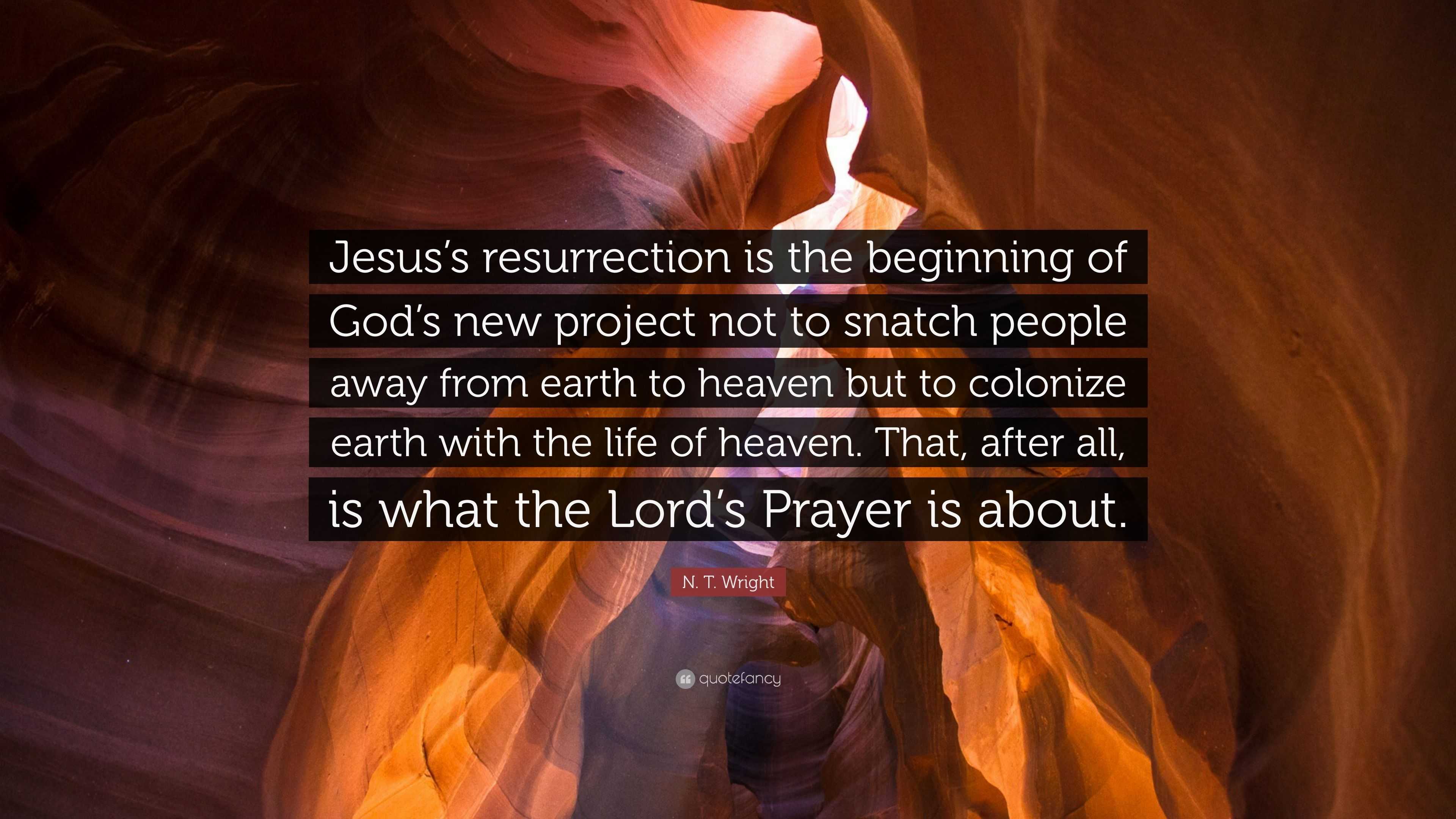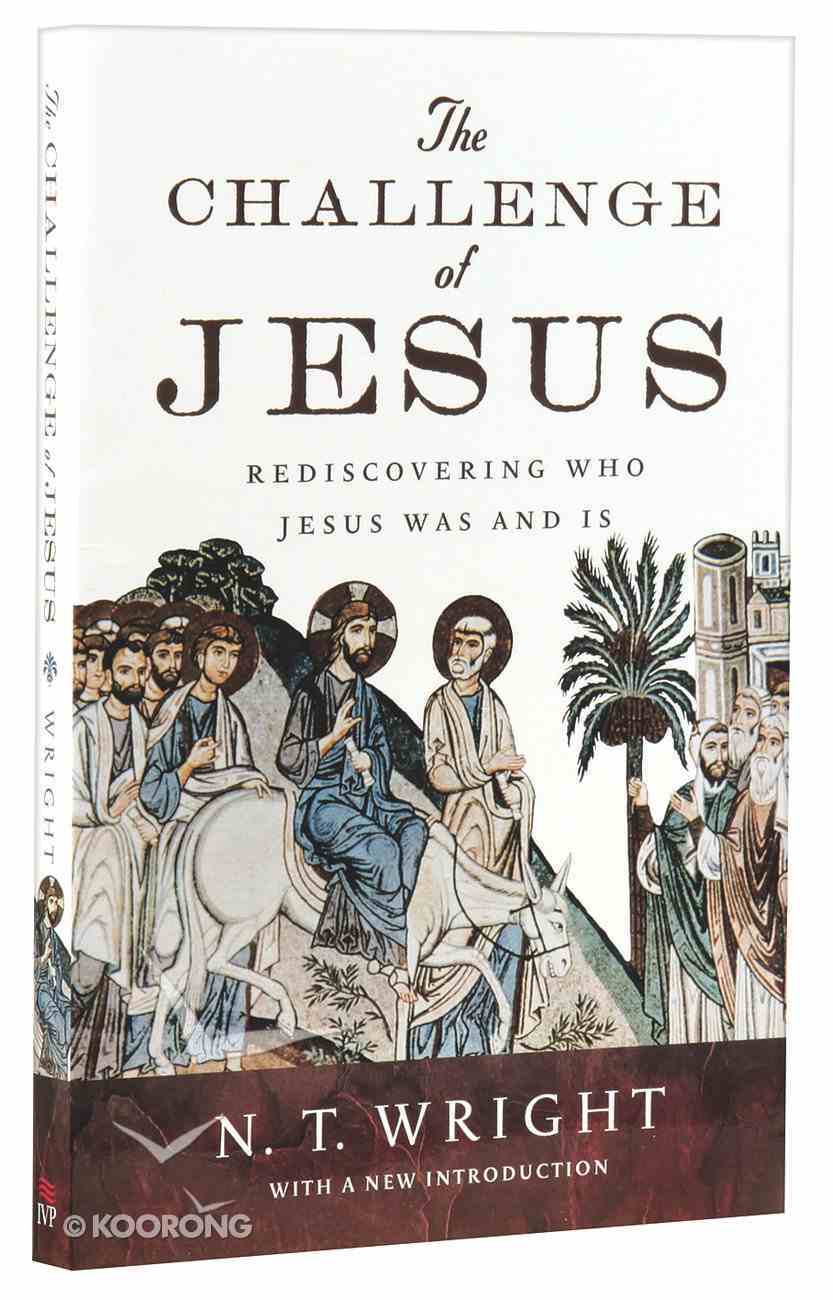



Wright puts it boldly "Christians must not be afraid of truth." (17) He points out that this is the attitude of the reductionists, but says that that this is not his agenda. "For me the dynamic of a commitment to Scripture is not 'we believe the Bible, so there is nothing more to be learned' but rather 'we believe the Bible, so we had better discover all the things in it to which our traditions, including our "protestant" or "evangelical" traditions, which have supposed themselves to be "biblical" but are sometimes demonstrably not, have made us blind.'" (17)ģ) The Christian imperative to truth. That is why contemporary debates about Jesus are so important they are also debates about God himself." (17)Ģ) Loyalty to Scripture.

Indeed, as he says, "I regard the continuing historical quest for Jesus as a necessary part of ongoing Christian discipleship." (15) He gives four reasons that make it "imperative":ġ) "We shall only discover who the true and living God actually is if we take the risk of looking at Jesus himself. In Chapter 1, Wright discusses the importance and challenges of studying the historical Jesus. The page numbers are approximate and based off of a digital edition of the text.Ĭhapter 1 - The Challenge of Studying Jesus Wright endorses positions I do not hold, such as his views surrounding Pauline theology of justification by faith, but he is well within the bounds of orthodoxy and has produced much edifying content over the years.Īll references are to the book. My general reaction to this book was positive, though I no doubt had disagreements (some of these will be highlighted in the content that follows). The core of the book comes from a series of lectures he gave in the late 1990s concerning a wide array of topics pertaining to Jesus, such as how radical his message was, the evidence for his resurrection, and how Christians should follow Jesus in the world today. Wright is a prolific Anglican theologian. This will be a chapter-by-chapter review of N.T.


 0 kommentar(er)
0 kommentar(er)
